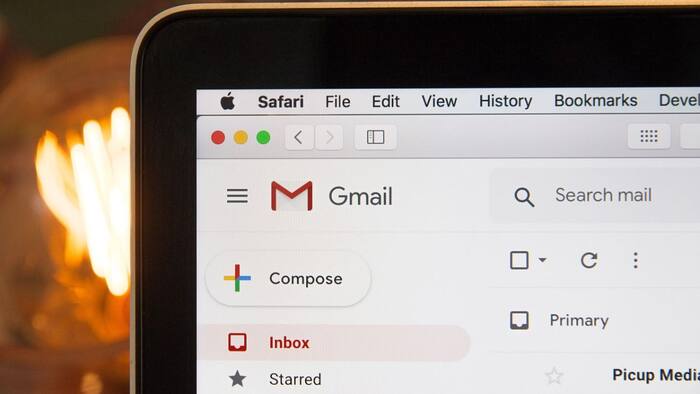
Written By Priya Singh
Edited By: Priya Singh | Published By: Priya Singh | Published: Jan 25, 2023, 04:13 PM (IST)


Google plans to discontinue a pilot programme that let some political campaign emails bypass spam filters in Gmail at the end of this month, the media reported. In September last year, the tech giant launched the programme in response to Republican (a US political committee) accusations that its algorithms disproportionately flag conservative fundraising emails as spam, reports The Verge. Also Read: These AI Tools Can Save You Hours Every Week
“We will keep investing in spam-filtering technologies that protect people from unwanted messages while still allowing senders to reach the inboxes of users who want to see those messages,” Jose Castaneda, a Google spokesperson, was quoted as saying. Also Read: Google’s Gemini 3.1 Pro takes aim at GPT-5 and Claude Opus 4.6: What’s new in the AI model?
Additionally, Gmail’s filtering methods “apply equally” to every sender whether or not there’s a political connection
With this programme, candidates, political party committees, and leadership political action committees are exempt from Google’s spam detection systems, said the report.
Meanwhile, the US Department of Justice (DOJ) and eight states have sued Google over its alleged monopoly over digital advertising technology products.
Filed in the US District Court for the Eastern District of Virginia, the complaint alleged that Google monopolises key digital advertising technologies, collectively referred to as the “ad tech stack”, that website publishers depend on to sell ads and that advertisers rely on to buy ads and reach potential customers.
Website publishers use ad tech tools to generate advertising revenue that supports the creation and maintenance of a vibrant open web, providing the public with unprecedented access to ideas, artistic expression, information, goods and services.
— With inputs from IANS